|
Guest Post by Irving Schattner Edit and Post Design by Christy Zigweid Photo by Antranias via Pixabay made using @WordSwagApp Long-term relationships and marriage require your work, attention, and ability to grow through challenges. Oftentimes couples stay stuck in problematic patterns and are unable to grow together. Drawing from my experience in working with couples, whether married or cohabitating, I’ve identified some reasons why these relationships fail to thrive and ultimately unravel. While this list is not exhaustive, identifying with any of these 7 indicators should give one pause and call forth the need for some sort of intervention. Poor communication Couples who refuse to listen to one another’s needs, desires and life goals, talk over one another, are embroiled in conflict, hostility, blame and /or defensiveness, are basically waging war with the enemy rather than constructively and lovingly engaging with the person who should be their best friend. Couples want to feel safe, cared for, and loved rather than feeling they are embroiled in a war zone. The need of one or more partners to be “right” leads to a judgmental attitude and anger which derail communication and, therefore, problem solving. Conflict avoidance leads to emotional and physical disconnect. Unsuccessful attempts at engagement result in one or more partners giving up and withdrawing. As disengagement intensifies, the relationship is at impasse and requires outside help to re-engage. Addictions and other maladaptive behaviors Addictions and other compulsive and maladaptive behaviors lead to lies and deceit, betrayal, and erosion of trust, hurt and pain. Attempts to placate or pacify the addict lead to denial and co-dependence by the non-using partner who, in effect, becomes part of the problem rather than the solution by bailing out the addicted partner and, consequently, sustaining the addiction. The addiction must be addressed through treatment, as well as support for the non-abusing partner. Laziness and other character flaws Love is based on mutual trust and respect. Lies and deceit, disloyalty, unwillingness to help out their partner, or withdrawal from or avoidance of financial, social, and household responsibilities, shift the burden onto their partner. What should be a partnership of equals feels more like an unbalanced parent / child relationship. Poor boundaries Stepping outside of the relationship to satisfy fantasies and unresolved needs and desires can lead to disengagement from one’s partner and eventual dissolution of one’s primary relationship. It’s important for couples to share their needs, desires, and fantasies with one another rather than an outsider. Once boundaries are crossed, it’s difficult if not impossible to repair the damage and hurt inflicted on one’s relationship. While some partners are willing to work on damage control and repair, for others the hurt and distrust caused by “stepping out” can never be reconciled and are beyond repair. Disrespect A healthy relationship depends on acceptance, appreciation, admiration, and feeling emotionally secure. Hurt and anger undermine the relationship when differences of opinion turn into contempt, criticism, lack of respect, and minimizing or discrediting your partner’s thoughts or feelings. When one or both partners feel mistreated or unfairly judged, there is a tendency to retaliate in kind or withdraw and not share one’s thoughts and ideas. Showing love to one’s partner under these conditions is often difficult. Aggression or explosive outbursts Expressing one’s anger in a constructive way can lead to healthy problem solving. However, when practiced aggressively or with rage, it can invoke fear and avoidance, which undermine constructive communication and can lead to serious physical and emotional abuse. When this occurs, the implicit expectation of safety, security, and trust in the relationship is seriously undermined as things spiral out of control. Together yet apart While it is healthy and realistic to have interests outside of one’s relationship, preferring the solitude of one’s company or the company of others at the expense of sharing activities and free time with one’s partner is a strong indicator of a problematic relationship. Failure to address the emotional and physical needs of one’s partner through shared interests and pursuits, can lead to disengagement from one’s partner and ultimately dissolution of the relationship. About the Author - Irving Schattner, LCSW
2 Comments
Seven year old Lucy comes on the Conquer Worry Podcast to share her 'Life Lessons.' These lessons work if you are 7 or 77 years old! Lucy's Original ListGuest Post by Irving Schattner Edit and Post Design by Christy Zigweid Photo by PublicDomainPictures via Pixabay made using @WordSwagApp What is Panic Disorder? According to the Anxiety and Depression Association of America, “panic disorder is diagnosed in people who experience spontaneous, seemingly out of the blue attacks and are preoccupied with the fear of a reoccurring attack. Panic attacks occur unexpectedly, sometimes even during sleep.” The fear that is felt during a panic attack can last several minutes and is usually unexpected. Most people are visibly distraught after an attack occurs and fear the re-occurrence of another panic attack. Some are so severe that they can be mistaken for a heart attack, leading one to check into a hospital emergency room in hope of finding a physical explanation. Most typically, the patient is administered an anti-anxiety medication by ER staff and told there is nothing physically wrong–that they are suffering from anxiety or stress. Lacking a physical explanation for their panic, they often feel different from everyone and wonder “Am I going crazy?” Not getting the help or answers they so desperately need leads to shame, guilt, further avoidance and, quite often, the belief that they are doomed to suffer in silence and are beyond help. Photo by Sorbyphoto via Pixabay The disorder, if left untreated, not only reinforces continued avoidance of the feared situation (for example, in the case where an attack occurred while driving, you may seek alternative routes or stop driving all together). The anticipation of having another attack may generalize into situations previously not associated with the original fear or panic. This disorder may also lead to agoraphobia, which is characterized by severe anxiety in situations where an individual feels trapped by their surroundings. Panic sufferers may also experience anticipatory anxiety and generalized anxiety. This disorder can create significant psychological, emotional, and physical distress, as well as avoidance of opportunities for personal and professional growth, relationships, and happiness. Treatment for Panic DisorderPanic disorder (and other anxiety disorders) require specific targeted interventions that are individually tailored to the needs of the client (as no two clients are alike). It is crucial that you receive the guidance, coaching, and expertise of a mental health professional who “specializes” in treating panic (and other anxiety disorders), as traditional “talk therapy” is ineffective. The following approaches are evidence-based and proven as most effective for the relief of panic (and other disorders). They include:
There’s no need to suffer About the Author - Irving Schattner, LCSW
When my wife and I started ConquerWorry.org in 2012, it was a simple 'passion project.' Our original mission statement was to 'Create awareness of the resources that are available to those who struggle with worry, anxiety or depression.' We are amazed at how rapidly the platform has grown over the past four years.
Today our mission is to inspire, educate and advocate for those who struggle with extreme stress or their mental health. That is a big mission and we have a team of passionate volunteers from all over the world who help with the platform's advocacy efforts. This requires dedicated leadership and I am thrilled to announce that Christy Zigweid is now the President and Chief Editor of ConquerWorry.org. Christy is a passionate mental health advocate who has been a key driver of the platform's success. I am confident that under her leadership, this platform will grow and serve more people than I ever thought possible. If you are interested in joining her team, please reach out to us via our volunteer form: www.conquerworry.org/volunteer As we move forward, I will still produce the Conquer Worry Podcast to bring you inspirational stories and interviews with people who are making a difference in the lives of others. Jay From Christy's Website - www.christyzigweid.com
My name is Christy Zigweid. I am a writer, mother, wife and fighter of depression and anxiety. Diagnosed when I was still in high school, I have worked hard to be mentally well. I am grateful for access to care as well as a very supportive network. While I may not live well every day, I fight hard to continue on this road we call life. I am just starting out on my journey and look to build relationships in the field of mental health as well as help raise awareness about suicide, suicide prevention, and mental illness stigma through my writing about my own personal struggles. Many of my fiction stories deal with real-life issues. And while some of my stories are only available on my website, others can be found through Amazon. Currently, I volunteer for ConquerWorry.org as their president and chief editor, guest post designer, and guest blogger. Some of my work can be found at Conquer Worry and This is My Brave. This spring, I helped edit Conquer Worry: How to Build a Simple Daily Plan to Reduce Stress by S. Jay Coulter, which released May 31, 2015. Guest Post by Irving Schattner Post Design and Edit by Christy Zigweid Photo by blickpixel via Pixabay Generalized anxiety disorder (GAD) involves excessive anxiety, worry, fear, or unease about events or activities. Its duration, intensity, or frequency is disproportionate to the actual likelihood or impact of the anticipated event. People suffering with generalized anxiety disorder experience difficulty controlling worrisome thoughts which interfere with managing tasks at hand. It is common for persons with this disorder to worry about daily, routine tasks and circumstances such as school, job or career responsibilities, health, finances, household chores, being late for appointments, or question or evaluate the competence of their performance in given situations. The focus of their worries or anxiety may shift from one concern to another. as it is common for such persons to complain about persistent thoughts of worry, anxiety, fear, distress or dread, which they feel incapable of shutting off. Unlike normal worry, persons with generalized anxiety disorder find the excessive nature of their worries of everyday life significantly interfering with healthy, adaptive psychological, emotional and social functioning. With generalized anxiety disorder, worries are more distressing and longer lasting. This excessive worry may appear to be without cause and be accompanied by physical symptoms such as feeling on edge, being easily fatigued, muscle tension, sleep disturbance, concentration difficulties or having one’s mind seemingly go blank, trembling, shakiness, sweating, nausea, diarrhea, increased heart rate, shortness of breath, dizziness, irritable bowel syndrome, and headaches. Overcoming Generalized Anxiety Disorder The good news is that generalized anxiety disorder is highly treatable! With the expertise of a mental health professional who specializes in treating anxiety disorders and utilizing an approach that’s based on proven interventions individually tailored to meet the needs of each client, you will be well on the path to recovery. Photo by Tabeajaichhalt via Pixabay Cognitive Behavioral (CBT) is one of the most effective treatments for generalized anxiety disorder. Studies have shown that the benefits of CBT may last longer than those of medication, but no single treatment is best for everyone. CBT examines the interconnection between one’s negative thought patterns, feelings and behaviors, and how they maintain, reinforce, and even intensify anxious thoughts and worry associated with generalized anxiety. Learning to replace negative thoughts and beliefs with more realistic, supportive, adaptive thoughts and feelings leads to less generalized worry and anxiety, which translates into increased behavioral mastery and competence in those same or similar situations. Mindfulness and applied relaxation are other effective treatments which work by focusing one’s awareness of the present moment (vs. future events) by acknowledging and accepting feelings (whether positive or negatively charged) and deactivating bodily sensations. Being mindful makes one aware of what one is feeling and experiencing in the moment while remaining in a calm, accepting state. Applied relaxation focuses on muscle relaxation and visual cues to maintain that state of calm and acceptance. Yoga and other meditative techniques have proven highly effective in reducing or deactivating the “anticipatory anxiety” normally associated with generalized anxiety disorder. About the Author - Irving Schattner, LCSW
Guest Post by Steve Johnson Post Design by Christy Zigweid Photo by qimono via Pixabay made using @WordSwagApp Surviving a suicide attempt often leaves a person confused, conflicted, and unsure of where to go next. Receiving treatment for the underlying causes of your attempt is a critical first step but figuring out how to make that first step often is difficult for survivors. You also may not fully understand what you are going through, which makes your circumstances even more difficult. If you have survived a suicide attempt, there are some valuable resources to help you understand yourself and seek the help you need. The National Suicide Hotline
Psychology Today Psychology Today is a website with information on mental health written in terms that can be understood by the average person. This site can be a very useful resource if you’re not sure what is causing your suicidal thoughts. The better you understand your situation, the better able you will be to help yourself. Lifeline for Attempt Survivors Linelineforattemptsurvivors.org is a site devoted to the community of suicide attempt survivors. It contains information on every facet of being a suicide attempt survivor including tips on self-care from survivors like you, stories of recovery and hope, and personal stories about treatment. They also have a list of resources that can help you get help and recover. Speaking of Suicide Speakingofsuicide.com is a site for not just survivors but for friends, family, and healthcare professionals to help those who survive a suicide attempt. As a suicide attempt survivor, you should get support from loved ones; however, your loved ones may not fully understand what you are going through. Resources like this can help them better understand what a suicide attempt looks like, why they happen, and how they can help you get better. It also has information, tips, and resources for survivors. Support Groups Not all helpful resources are online. A support group can offer you not only support but also compassion from people like you. Your group members will be able to listen, understand, and offer advice based on personal experience. Hearing tips from someone who has gone through what you have can be much more helpful than reading them from a website. Furthermore, you will be able to watch the members of your group get better, which will offer you hope. If you have survived a suicide attempt, you may want to seriously consider a support group, particularly if your loved ones aren’t as helpful as you need them to be. Surviving a suicide attempt is a confusing life event. Some people see this as a failure while others may view it as a second chance. What is most important to remember is that there is help out there for you. You can beat whatever made you consider suicide and reclaim your life and your happiness. Get the help you need, utilize your resources, and settle into the process of recovery. About the Author Steve Johnson has always been dedicated to promoting health and wellness in all aspects of life. Studying in the medical field has shown him how important it is for reputable health-related facts, figures, tips, and other guidance to be readily available to the public. He created PublicHealthLibrary.org with a fellow student to act as a resource for people’s overall health inquiries and as an accurate and extensive source of health information. When he isn’t hard at work in his studies, Steve enjoys playing tennis and listening to his vintage record collection.
|
Build Your Action Based Stress Reduction System
Popular PodcastsOlympian Suzy Favor Hamilton - From Fame to Prostitution to Advocacy
Hall of Fame Basketball Star Chamique Holdsclaw on Mental Resilience Diana Nightingale on her husband Earl Nightingale's Principles for Mental Health Success JoAnn Buttaro on Date Rape & PTSD Survival Story: Its Never Too Late Gabe Howard on BiPolar Advocacy Phil Fulmer on Teen Suicide Prison, Bipolar and Mania with Andy Behrman Columbia Univeristy's Dr. Rynn on OCD Archives
March 2018
Categories
All
|





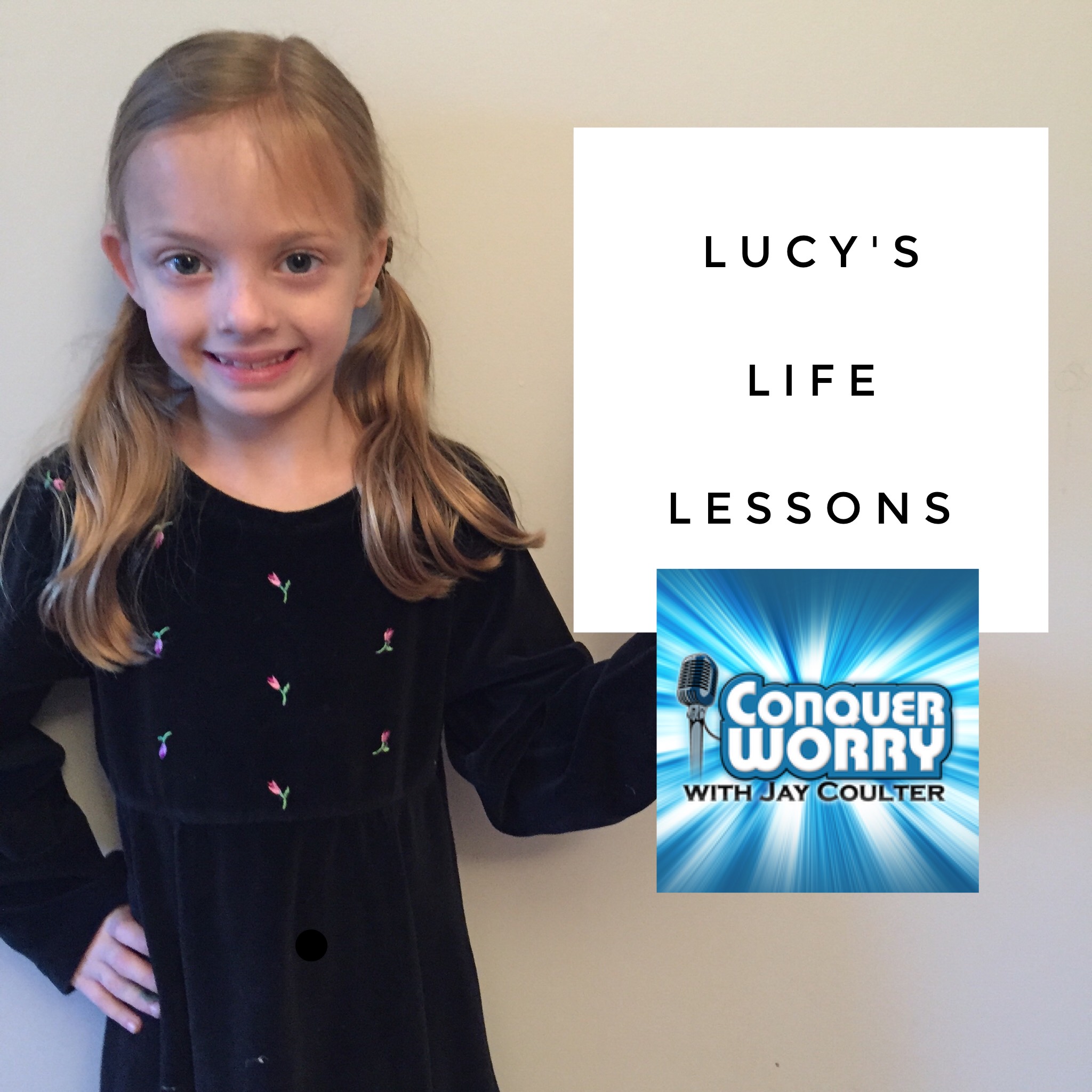
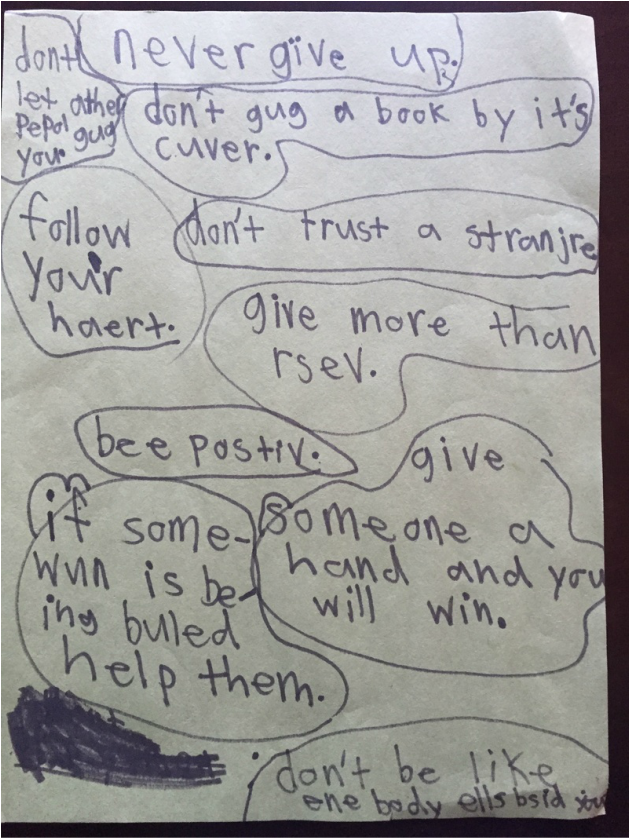
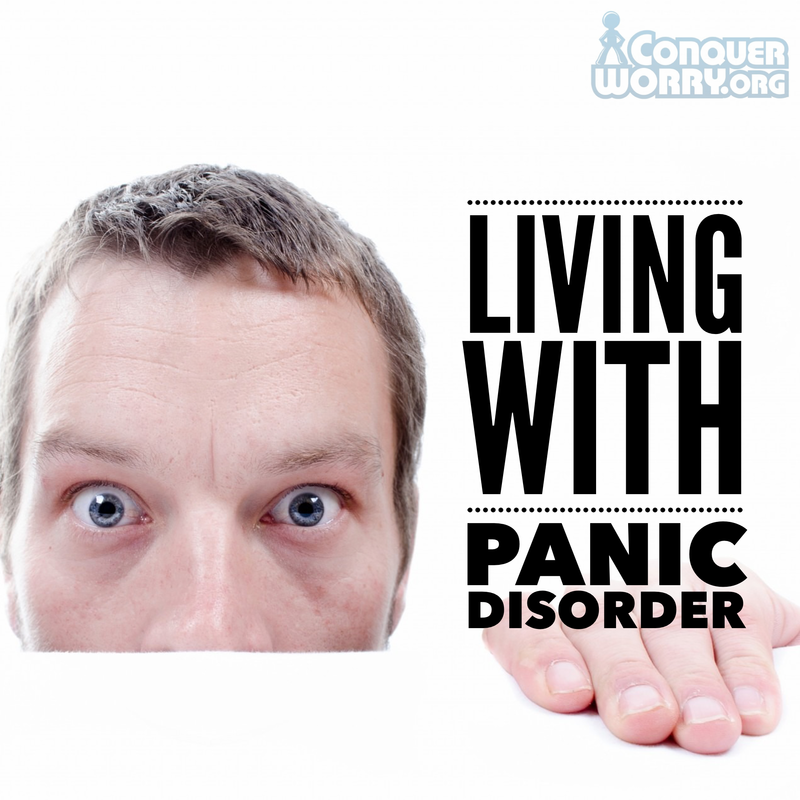



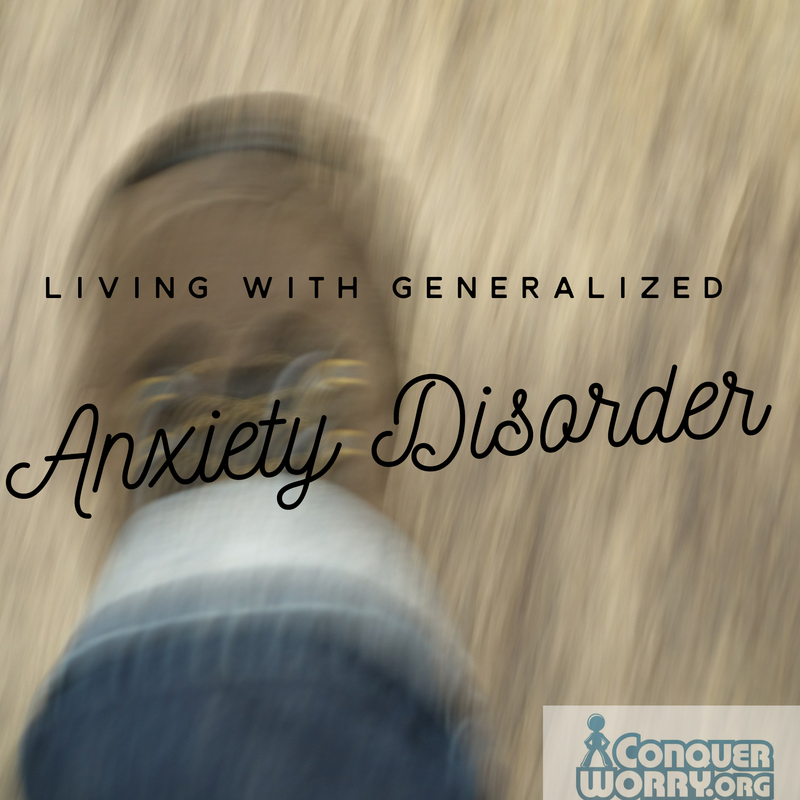



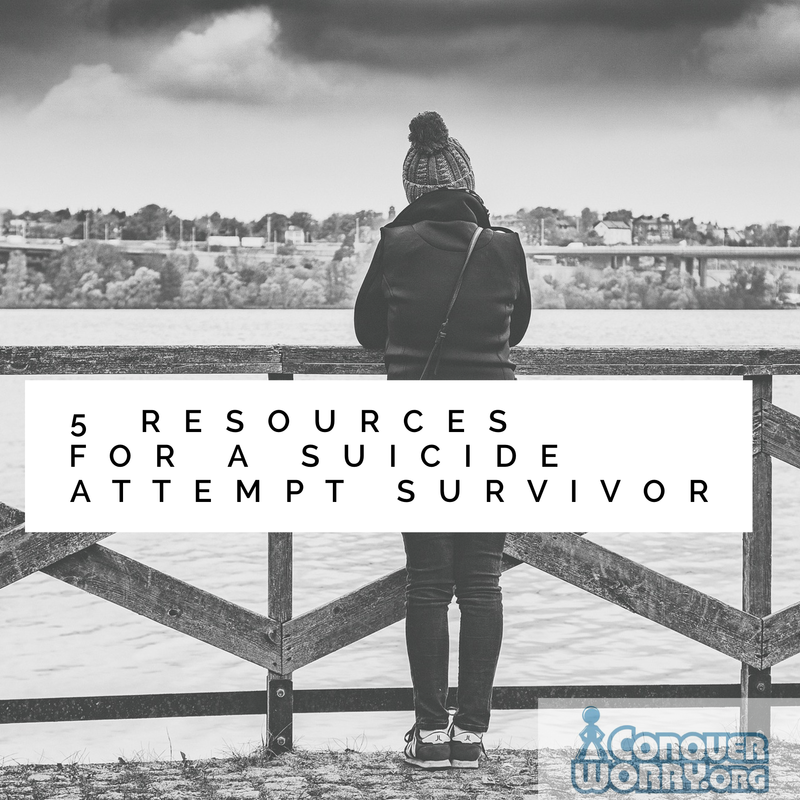


 RSS Feed
RSS Feed





